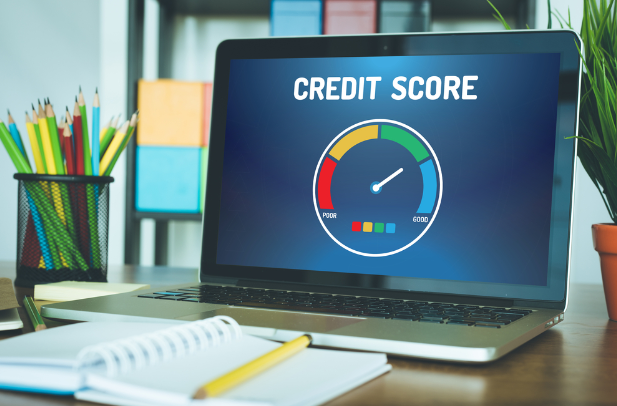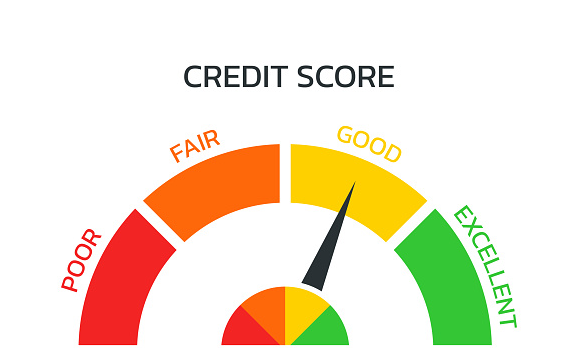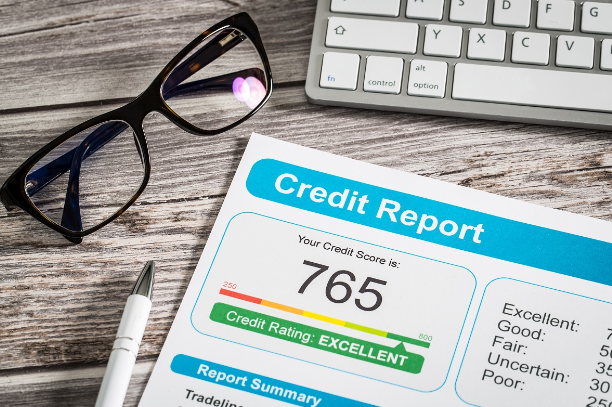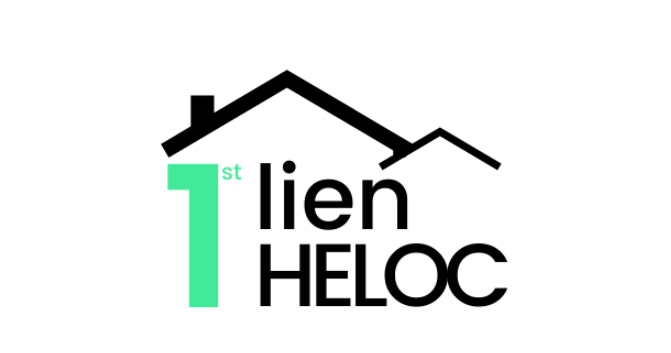
Your credit score is one of the most critical factors in determining your eligibility for financial products like mortgages and Home Equity Lines of Credit (HELOCs).
A higher credit score can unlock better loan terms, lower interest rates, and a wider range of financing options, while a lower score can limit your choices and increase the cost of borrowing.
This blog will explore the importance of credit scores in mortgage and HELOC approval and offer strategies to improve your credit score to secure better loan terms.
Understanding Credit Scores

A credit score is a numerical representation of your creditworthiness based on your credit history. The most commonly used credit scoring model in the U.S. is the FICO® Score, which ranges from 300 to 850.
This score is calculated based on five key factors:
- Payment History (35%): Your track record of paying bills on time is the most significant factor. Late payments, collections, and bankruptcies can negatively impact your score.
- Credit Utilization (30%): This measures the amount of credit you’re using compared to your total available credit. A lower utilization rate (preferably below 30%) is better for your score.
- Length of Credit History (15%): This factor considers the age of your credit accounts. A longer credit history generally contributes to a higher score.
- Credit Mix (10%): A diverse mix of credit types, such as credit cards, auto loans, and mortgages, can positively impact your score.
- New Credit (10%): This considers the number of recent inquiries and newly opened accounts. Too many hard inquiries in a short period can lower your score.
- (Need to source information if it’s going to be specific. I.e. – using the percentages for each factor. Either keep the percent in, and source, or remove the percent and do not source.)
The Importance of Credit Scores in Mortgage Approval

When you apply for a mortgage, lenders use your credit score to assess the risk of lending you money.
Here’s how your credit score impacts the mortgage approval process:
- Interest Rates: Borrowers with higher credit scores typically receive lower interest rates because they are considered less risky. Even a slight difference in interest rates can save thousands of dollars over the life of a mortgage.
- Loan Terms: A higher credit score can also qualify you for better loan terms, such as lower down payment requirements or access to a broader range of loan products.
- Approval Chances: While many lenders have minimum credit score requirements (usually around 620 for conventional loans), a higher score increases your chances of approval and can open doors to more competitive loan options.
The Role of Credit Scores in HELOC Approval

A Home Equity Line of Credit (HELOC) is a revolving line of credit that allows homeowners to borrow against the equity in their homes.
Credit scores are equally important in HELOC approval for several reasons:
- Creditworthiness Assessment: Similar to mortgages, lenders use credit scores to gauge a borrower’s ability to repay the HELOC. A higher score indicates a lower risk, which can lead to easier approval and more favorable terms.
- Interest Rates and Credit Limits: HELOCs typically have variable interest rates. Borrowers with higher credit scores may qualify for lower initial rates and higher credit limits, making the HELOC more affordable and accessible.
- Lender Requirements: Different lenders have varying requirements, but generally, a credit score of at least 680 is preferred for a HELOC. A score below this threshold may result in higher interest rates or a lower credit limit, and some lenders may deny the application altogether.
How to Improve Your Credit Score

Improving your credit score is one of the most effective ways to secure better loan terms for both mortgages and HELOCs. Here are some strategies to help boost your score:
- Pay Your Bills on Time: Since payment history is the most significant factor in your credit score, ensuring all bills are paid on time is crucial. Set up automatic payments or reminders to avoid late payments.
- Reduce Credit Card Balances: Lowering your credit utilization rate by paying down credit card balances can have a quick and substantial impact on your credit score.
- Avoid Opening New Credit Accounts: Each new credit application results in a hard inquiry, which can temporarily lower your credit score. Try to avoid applying for new credit unless necessary.
- Correct Credit Report Errors: Regularly check your credit reports from all three major credit bureaus (Equifax, Experian, and TransUnion) for any errors or inaccuracies. Dispute any mistakes that could negatively affect your score.
- Maintain Older Credit Accounts: Keeping older credit accounts open, even if they’re not used frequently, can contribute positively to your credit score by increasing the average age of your accounts.
- Diversify Your Credit Mix: If you only have credit cards, consider adding a different type of credit, such as an auto loan or personal loan, to improve your credit mix.
A Strong Credit Score Equals Better Loan Terms
Credit scores play a pivotal role in determining the terms and accessibility of mortgage and HELOC products.
By understanding the factors that influence your credit score and taking proactive steps to improve it, you can increase your chances of securing favorable loan terms and achieving your homeownership and financial goals.

Ready to see how your credit score can affect your loan options?
Visit the First Lien HELOC Calculator to explore potential savings and learn more about how you can use your home equity to achieve financial independence faster.

